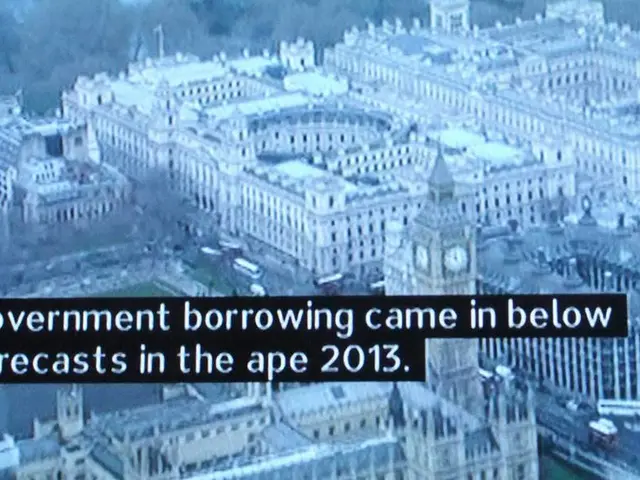Energy providers' hidden traps: beware of deceptive low-cost energy deals
Be careful when you see attractive energy supplier promotions and discounts. They can sometimes mask higher subscription costs and be subject to numerous criteria. For instance, energy suppliers might offer reductions on the regulated electricity or gas price per kWh, but these savings can be misleading. In fact, some hidden costs may make your final bill higher. According to MoneyVox, some discounts are offered excluding taxes, making it hard for you to estimate your actual savings.
It's also possible for a large discount to be combined with an expensive subscription, leading to greater costs. Keep in mind that such promotions usually come with conditions or restrictions. These might be limited to new customers only, or they could require specific conditions like having an electricity meter. Some promotions need a discount code, or you might have to stay committed for at least a year to get them. Additionally, promotions are often deducted from your monthly payment installments.
The story goes on with an example from the offers available on the energy mediator's comparator on June 5th. If you use 4,500 kWh annually and have a 6 kVA meter, Mint Energie offers a TTC promotion of 75 euros. However, this promotion will only be paid after 12 months provided your monthly payments don't exceed the stated amount. The terms and conditions also don't indicate what tariffs will be applied after 12 months, as the offer has fixed prices only for 1 year. Plus, the supplier might automatically increase the prices post the 1-year period without notice.
Energy: Beware of Private Gas and Electricity Comparators
Consumers should also be aware of the potential pitfalls of relying solely on private gas and electricity comparators. In addition to the issues outlined above, these sites might receive commissions or incentives from energy suppliers, which can influence their rankings and recommendations[1][3]. It's crucial to verify the objectivity of results and understand the criteria used in the site's comparisons. Moreover, even the best comparison results might not be optimal for every consumer based on individual consumption patterns[2].
Key Issues to Remember
- Read the fine print carefully before signing up for any energy contract; be on the lookout for potential hidden fees and complex contract terms.
- Compare prices from different suppliers and consider seeking professional advice if needed.
- Look for fixed-rate plans to protect against price spikes, but ensure you understand the conditions attached to these plans.
- Use promotional offers wisely, ensuring you understand the terms that apply after the promotional period ends.
- Verify the objectivity of recommendations on comparison sites, considering factors like commission structures and consumer profiles.
References
- "Energy: What to know before signing a contract." MoneyVox.
- "Energy contracts: How to save money?" Consumers' Association.
- "Energy Brokers: What are they, and are they useful?" Consumer Report.
- "Shopping for the best energy deal." United States Energy Information Administration.
- In personal-finance matters, it's important to carefully examine energy provider promotions and discounts, as they can sometimes conceal higher subscription costs and hidden fees, especially when taxes aren't included in the mentioned savings.
- Before choosing an energy supplier, be mindful of private energy comparators as they might be influenced by commission structures or incentives from the industry, potentially affecting their rankings and recommendations. It's essential to verify the objectivity of their results and understand the criteria they use for comparisons.








